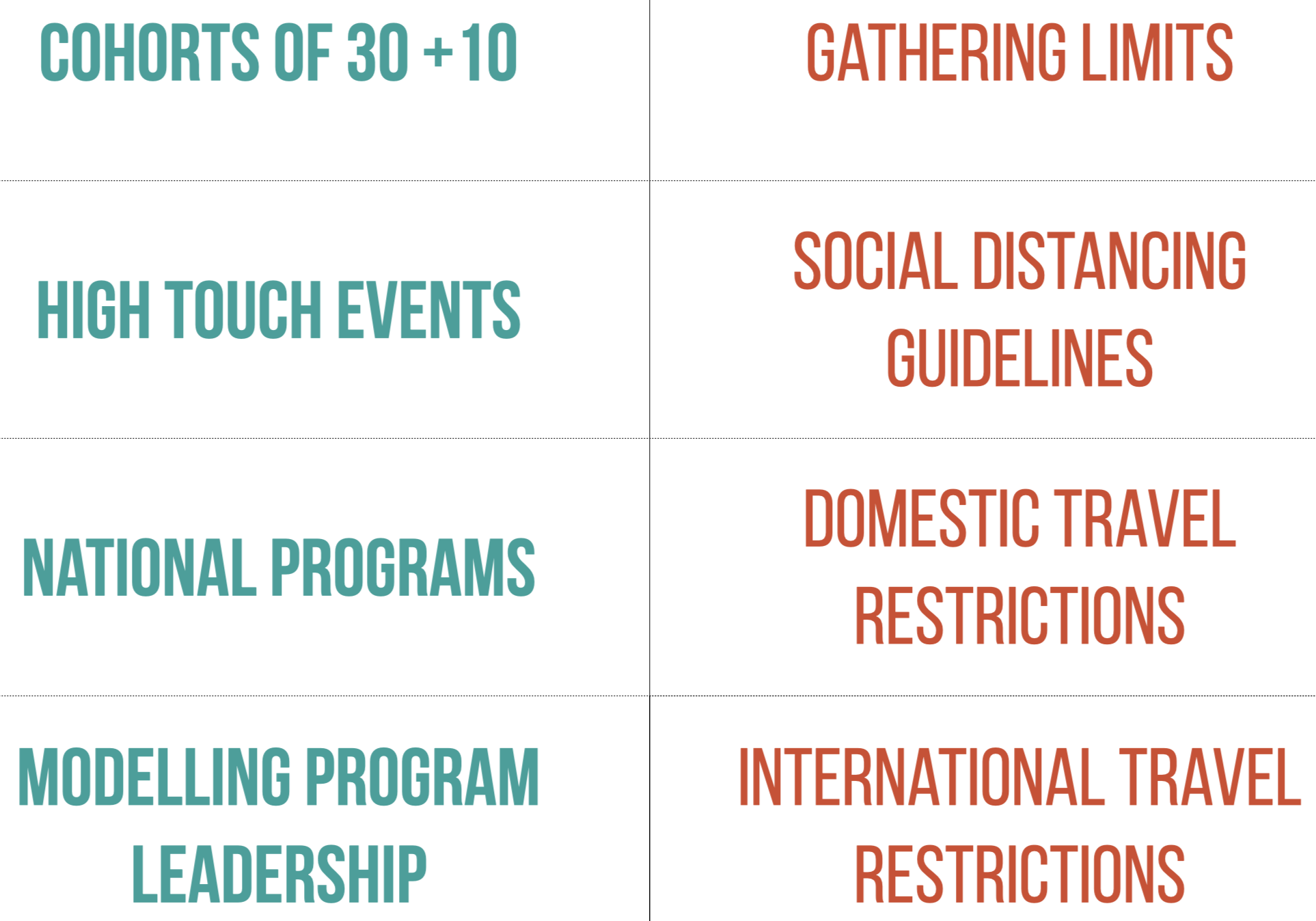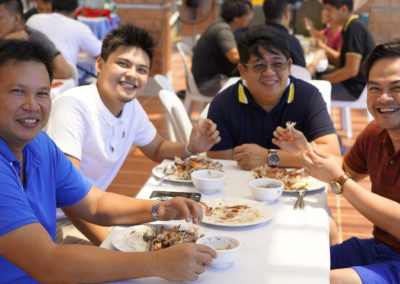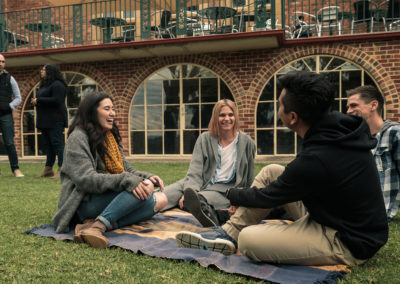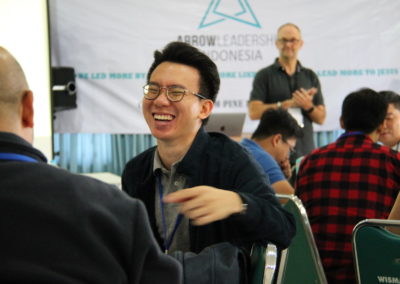
Author: Rev. Julian Dunham. CEO
COVID19 Travel bans and gathering limits have rendered ALID’s operations largely unworkable. So over the past months we have been listening to God, our partners, and experts in various fields and begun revising our strategy.
The MISSION of ALID is to enable emerging Christian leaders in the majority world to develop their full missional potential. Leaders led more by Jesus, leading more like Jesus, and leading more to Jesus. Our STRATEGY is to partner with local movements in the majority world to Create Culturally Appropriate Leadership development programs. These things remain the same.
What isn’t the same? Our operations. The days of ALID being able to model leadership for a national cohort at a high touch event are over and may not return for three years or longer. So how do we maintain the best bits of Arrow for majority world contexts without losing the power of relationship?


This graphic describes what we expect our process may look like. Most of this, is achieved without our being physically present with partners. Ideally, we have at least some opportunity to model behaviour face-to-face, but we need operations that function whenever that isn’t possible. This approach would drastically reduce our travel costs, however, the cost of creating, curating, and updating content would absorb those savings.
1. Prepare Excellent Digital Content
Easily accessible high-quality digital content is essential to the viability of Arrow in the majority world. An ALID Taskforce is working to create a new framework that combines virtual intensives, face-to-face peer group meetings, online coaching, and distance learning content. Later this year, the taskforce will present a plan toward providing everything a partner would need to run a program.
2. Engage Partners Who Share Our Vision
Engaging partners who share our vision is what we’ve been seeking to do from the beginning, the key difference in the future will be that we are offering them a lot more. The vision remains the same, what we provide becomes far more tangible.
3. Collaborate to Design Contextualised Programs
Even though we will provide pre-prepared material, we will still work with partners to ensure that as far as possible, the end product responds to local needs and challenges.
4. Guide Through Operational Set-Up
Experience has taught us that while each program is unique there are common challenges around feasibility. Guiding our partners through these early challenges and providing them with learned best practices will increase the likelihood of success.
5. Support with Ongoing Care, Evaluation & Feedback
As our partners are usually volunteers and in most instances will have a primary role they need to fulfil, providing ongoing care will be vital. Evaluation and feedback is not only crucial for our own reporting but will allow the continual improvement of programs.
There’s a lot at stake for all of us right now and we’re hoping you hang with us through this season of change and beyond. The staff and board will keep you updated as our plans become more concrete and covet your prayers during this time.
Rev Julian Dunham, CEO-ALID





Glad to hear about a “High tech – High touch” approach emerging!
Thanks, Frode – appreciate your encouragement.
Thank you – we’re excited to see where it goes.